The content of the article
Well-groomed and attractive is the dream of every normal woman. Pleasant appearance is the key to a good mood and positive emotions. In addition, the people around them are mostly "greeted by clothes." Every woman probably knows this, and strive for her own beauty. Expectant mother wants to be attractive more than ever.
How does this happen?
In recent years, body hair removal has been important among the necessary cosmetic procedures. Shugaring allows you to get rid of them for a fairly long time. During this procedure, unwanted hair is removed with special sugar-based pastes. Its essence lies in the fact that when hardening caramel paste touches the hairs, and in the frozen form is removed from the skin surface with them. Such pastes may differ in their composition and external characteristics.
Pros of Shugaring
This procedure has been very popular in recent years, and it is completely justified. Shugaring has many advantages compared to other popular methods of removing unwanted body hair, namely:
- It causes less pain than hair removal with wax strips or an epilator.
- Minimal risk of ingrown hair.
- Eliminates the risk of injury to the skin with a sharp blade or burns.
- Minimal risk of individual allergic reactions.
- For the preparation of pasta, completely natural ingredients are used.
Interesting fact! Even the beauties of Ancient Egypt and Persia used this tool to get rid of excess body hair, to make the skin smooth and pleasant to the touch.
In order to conduct a shugaring procedure, it is not necessary to go to a beauty salon. It can be done at home, if you buy a special paste or cook it yourself. The finished paste is applied to the skin with unwanted hair. When it freezes, they tear it from the place of hair removal with them. It is important to do this in a certain direction - opposite to the direction of hair growth. This minimizes the risk that hair growth will begin.
Is it possible to carry out such procedures during pregnancy?
This type of hair removal differs little from all the others. Therefore, its contraindications and indications are completely identical. With the constant implementation of such procedures, the skin "gets used" and the initial soreness becomes less pronounced.
During pregnancy, there are no clear contraindications for women who do shugaring regularly. In such cases, the role is played by the course of pregnancy and the physical condition of the expectant mother.
During hair removal, the hair is removed along with the roots, and this is accompanied by pain, which all people react differently. If before pregnancy a woman never did such procedures, then she definitely should refrain from a session. Tissues after epilation are powerfully supplied with blood, which means that blood circulation is enhanced in them. When hair removal in this way occurs in the genital area and lower abdomen - this can cause tone and contraction of the uterus, which can provoke a miscarriage. This is especially true in cases where pregnancy is already complicated by the threat of termination.
Women who previously removed body hair in this way can well continue to do so at a later date. At this time, the baby has grown enough and is less responsive to the influence of external factors on the mother's body.However, you should not do this if epilation gives a woman too painful and unpleasant sensations. When the mother's body releases stress hormones into the blood during pain, this is not good for the baby and can harm him.
If after epilation there will remain mechanical damage to the skin in the form of wounds, then an infection may well get into them, which will not improve the condition of the pregnant woman. It is important to handle them correctly, otherwise the bacteria that get into them can cause inflammation.
Many women who are going to the maternity hospital tend to have hair removal in the bikini area to be in perfect order at the time of the birth of the baby. However, in such cases, it is better to remove the hair with a razor, as it is safer.
To whom is the procedure categorically contraindicated?
Regardless of how long the woman is and previous experience with the shugaring procedure, this procedure should be completely excluded in such cases:
- The procedure is carried out for the first time.
- Severe soreness from holding.
- Bleeding wounds form at the site of the removed hair.
- The presence of skin diseases or varicose veins.
- Diabetes.
- The presence of toxicosis and complications associated with pregnancy.
- The threat of interruption or premature birth.
- Less than a month is left before the baby is born.
In any case, if you want to carry out this kind of cosmetic procedure, a woman must necessarily be guided by the opinion of the doctor - gynecologist from the antenatal clinic, where she is registered.
In what cases is it possible?
Basically, experts recommend that hair removal should not be performed during pregnancy. However, there are still conditions under which it is not prohibited to do it.
- If during pregnancy a woman has already done shugaring and no complications have arisen.
- During the next appointment at the antenatal clinic, the doctor gave the go-ahead for the procedure.
- There were only a few days left before delivery.
In this case, you can contact the cosmetology office or the master. However, many masters simply refuse to work with pregnant women. They believe that this can have negative consequences. In this case, it is worth listening to the opinion of an experienced person in this matter - perhaps he talks about it for a reason.
Security measures
- Before performing shugaring for the first time, possible manifestations of individual sensitivity to the components that are used for the procedure should be excluded. Especially during pregnancy. The thing is that under the influence of hormones, allergic reactions to those substances to which they were not previously observed can occur.
- In no case do you need to carry out the procedure on inflamed or traumatic skin lesions.
- The master must be qualified and carry out the procedure in appropriate sanitary conditions.
- Before shugaring, it is required to treat the skin with an antiseptic.
Application anesthesia, which is used for shugaring, significantly reduces pain, but it is undesirable for pregnant women to do it. Substances that are part of anesthetics can penetrate the placental barrier, which means they can harm the health of the child. Therefore, during pregnancy, they absolutely can not be used.
In any case, a woman should understand that with the negative consequences of this procedure, the responsibility rests only with her. Even under the most favorable conditions, it is better for a pregnant woman to give up shugaring until “better times”.
Video: pregnancy shugaring

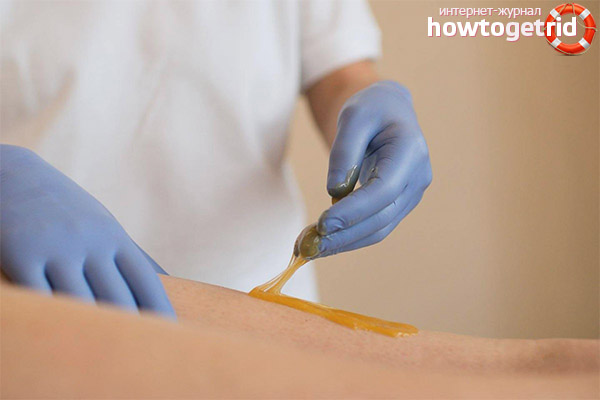
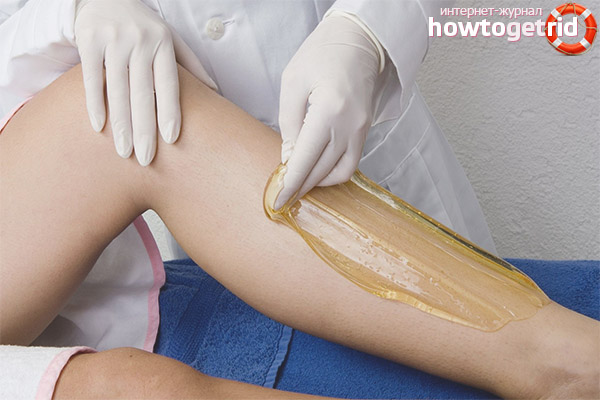
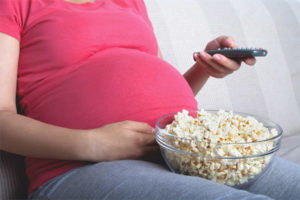


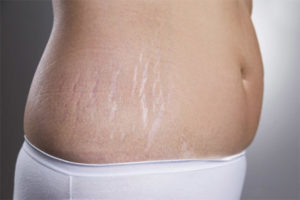
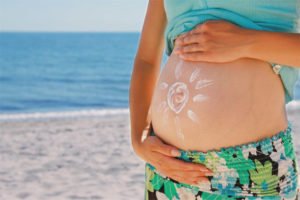
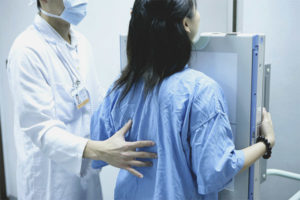


Submit